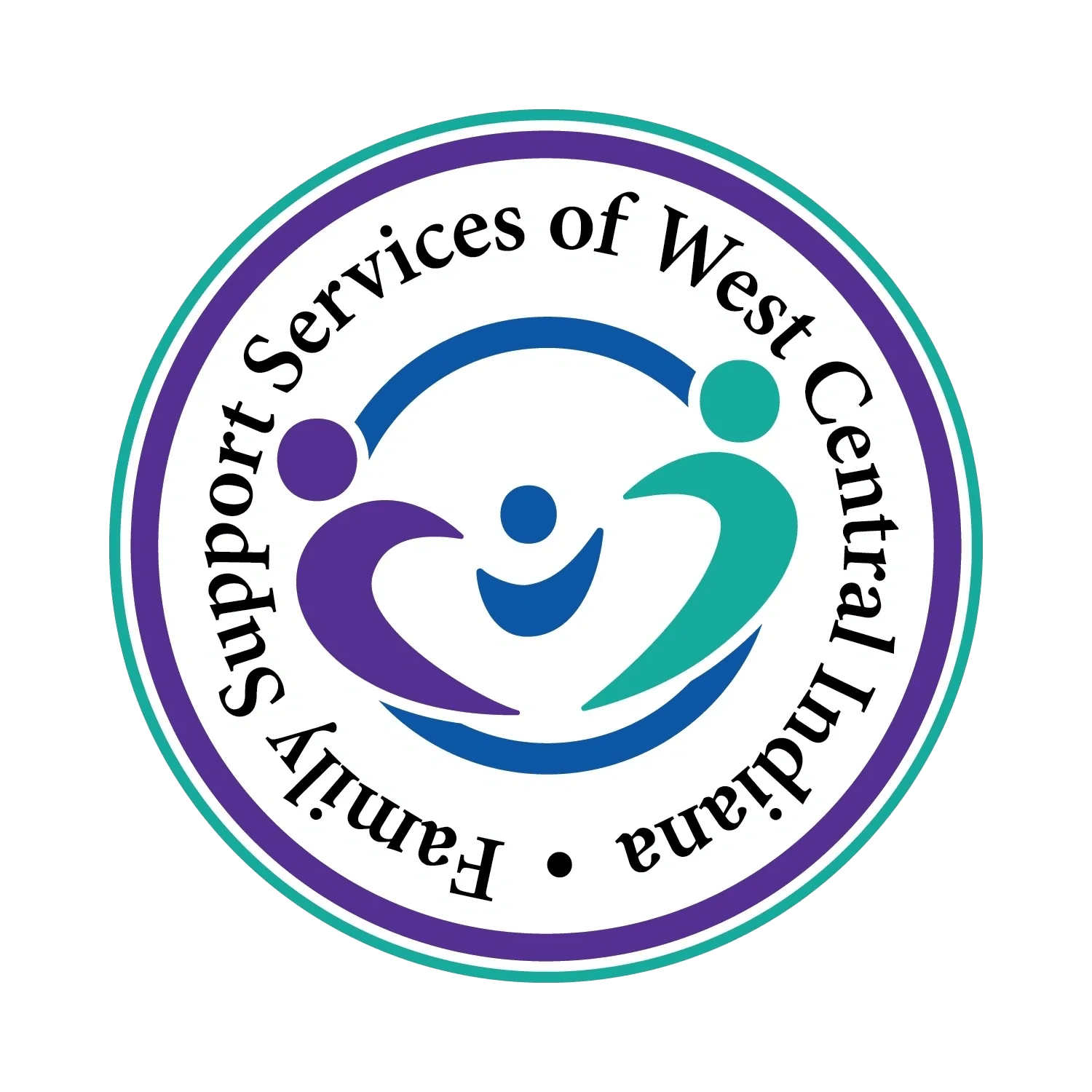Domestic Violence
Services / Domestic Violence
Domestic Violence & Sexual Assault
Prevention & Intervention
FSSWCI has a Domestic Violence/Sexual Assault Program that reaches out to women and men who have been victims of violence. Violence within the family establishes an unhealthy environment which results in physical and emotional harm. Every person has value and deserves respect and a sense of self-worth. The Domestic Violence/Sexual Assault Program is designed to offer victims support, education, and advocacy to help enable victims to move beyond the abuse.
Program Service
- Court Advocacy
- Protective Orders
- Safe Shelter
- Domestic Violence Education
- Safety Plans
- Referrals
- Women’s, Teen’s and Children’s Support Groups
- On-going Support
- Educational Groups
- Awareness Programming

Supportive Housing
GOAL
Provide victims of family violence and domestic violence who are seeking secure housing, access to safe shelter through Family Support Services’ Supportive Housing Initiative and be provided trauma-informed mobile advocacy and linkage to essential resources that holistically address their immediate needs, improving their emotional well-being, and empowering them to achieve self-sufficiency.
PURPOSE
Family Support Services’ Supportive Housing Initiative seeks to provide survivors of domestic violence weekly supportive mobile advocacy services. This level of support will assist survivors and provide opportunities to help them successfully reach their goal in re-establishing their lives and becoming self-sufficient.

What is Domestic Violence?
Domestic Violence is a behavior. It can be emotional, psychological, physical, or sexual abuse that one person in an intimate relationship uses in order to control the other. It takes many different forms and includes behavior such as threats, name-calling, isolation, withholding money, actual or threatened physical harm and sexual assault. Most domestic violence is committed against women by their male partners. It also occurs in lesbian and gay relationships and is common in teenage dating relationships.
Family violence hurts children emotionally even if they are not directly victimized. A person who abuses family members once is almost certain to abuse again, and again. Violence usually becomes more frequent and more severe over time. It destroys relationships and family life until those hurt by it take steps to begin living free of abuse.

What is Sexual Assault?
Sexual assault is any form of sexual contact without voluntary consent. It is commonly associated with rape, but is actually a much broader issue and varies according to social, legal, or political definition. Sexual assault includes inappropriate touching, vaginal, anal, and oral penetration, sexual intercourse, rape, attempted rape, and child molestation and can include torturing the victim in many sexual ways.
Anyone can be a victim of sexual assault. Victims are typically female, but males can also be assaulted. Sexual assault affects all races, ages and any socioeconomic status.

Types of Abuse
Physical Abuse:
Hitting, slapping, punching, shoving, kicking, burning, using weapons and other objects to cause injury.
Sexual Abuse:
Forced sexual activity, sexual assault, or sodomy.
Emotional Abuse:
Humiliation, intimidation, name calling, demoralization, playing mind games, or isolation.
Financial Abuse:
Limiting access to family income or assets, restricting or disrupting employment.
Property / Economic Abuse:
Stealing or destroying belongings or money, refusing basic needs such as food or medical treatment.
Victims of domestic violence and sexual assault are more than just statistics.
They are your co-workers, neighbors, friends or family.

Family Support Services
Family Support Services
We are dedicated to promoting a community where no one is abused and all families have the support they need to live healthy lives.
Copyright © 2023 Family Support Services of West Central Indiana | We trust Distinct with our Website because of their Unlimited Support, Client Testimonials, and Website Maintenance Checklist.